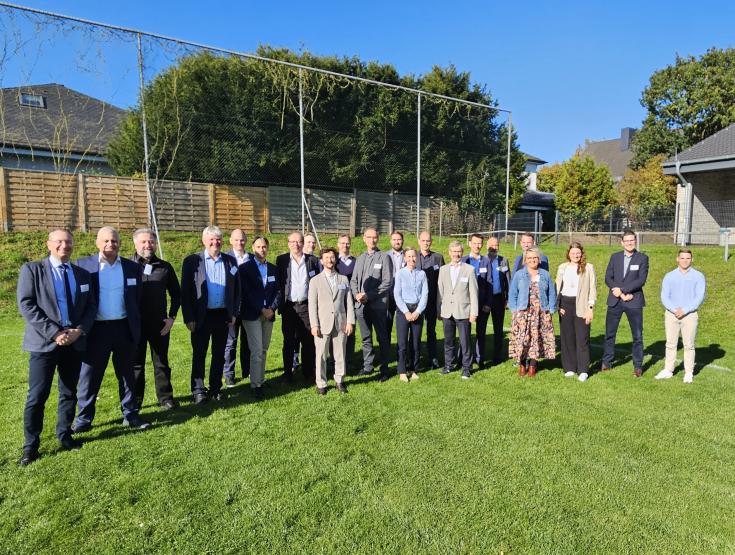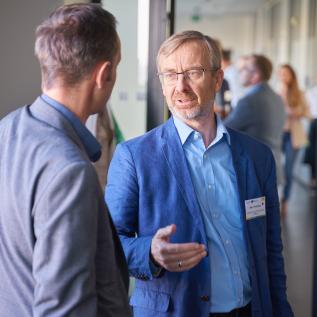Designing governance to support regional transformation in Heide Region

On 15-16 October 2024, the Policy Learning Platform held an onsite peer review for the Heide Region, which requested advice regarding their policy challenge on how to design a governance arrangement to support regional transformation.
Region Heide is undergoing transformative changes and experiencing a rapid population increase, with significant investments such as a large-scale battery gigafactory and an electrolysis plant for hydrogen.
Current state of affairs
Region Heide occupies a central role in the European Union’s energy transition and green hydrogen development. Since 2013, the existing urban-environment concept (SUK) between the city of Heide and 11 surrounding municipalities has fostered cooperation within the region. The area benefits from both formal and informal governance structures, such as steering groups and informal meetings, which facilitate collaboration. There is a strong willingness among stakeholders to engage in the transformation process, with efforts made to promote a shared vision on the region’s ambitious developments. The peers shared some insights to more clearly define leadership, distribute responsibilities, strengthen stakeholder engagement, and establish a common vision for the future of the region.
Peers from across Europe
In collaboration with thematic experts Marc Pattinson and Arnault Morisson and alongside Interreg Europe's director Erwin Siweris and Thorsten Kohlisch, Manager of the Policy Learning Platform, five excellent peers participated in the review:
- David Lidström, City of Skellefteå, Sweden
- Joaquin Crespo, Regional Development Agency of Aragon, Aragon, Spain
- Laurent de Pessemier, economic, social and environnemental Regional Council, Auvergne-Rhône-Alpes, France.
- Radek Michalski, City of Wroclaw, Poland
- Sven Tobreluts, Association of Municipalities of Tartu County, Tartu County, Estonia
These peers shared their experiences and provided tailored policy recommendations to address the challenges faced by Region Heide. Their insights, know-how, and practical suggestions were invaluable for solving the presented challenges.
Some Recommendations
- To publish Region Heide Joint Declaration to quickly establish a clear and unified message, signaling readiness to collaborate with both local stakeholders and other regions, such as Hamburg. The declaration seeks to build synergies with other regions, enhance international visibility, and foster engagement with civil society and businesses. Efforts will be made to personalise key messages to resonate with people’s interests and agendas, while also sharing Region Heide’s successes and encouraging others to be part of its ongoing success story.
- To engage citizens and empower citizens in co-creating a shared Vision 2030, with the Region Heide Joint Declaration serving as a catalyst. This will involve public forums, surveys, and workshops to co-design the region’s transformation. Continuous citizen engagement will be maintained through events focused on key topics like NorthVolt, hydrogen, and vocational centers. Additionally, it is important to inform both citizens and elected officials about the significance and scale of the transformation, particularly regarding hydrogen’s impact on the economy and landscape.
More information about the recommendations will be published shortly in the follow-up report.

Peer review publication
Find more information on the methodology and experiences of previous beneficiaries in our publication.

Apply for a peer review
Start your peer review application process today and find solutions to your policy challenge with our expert and peers!